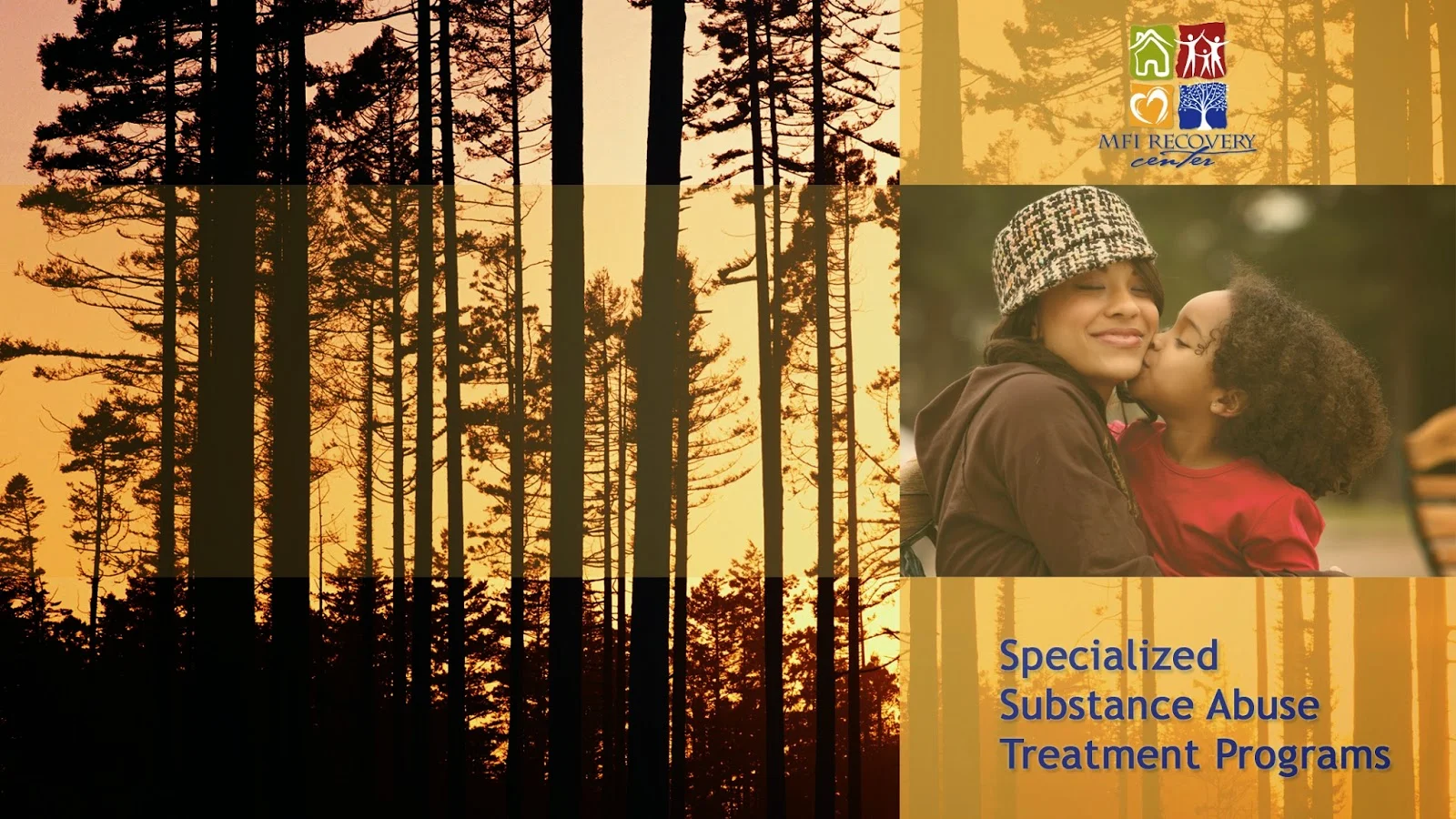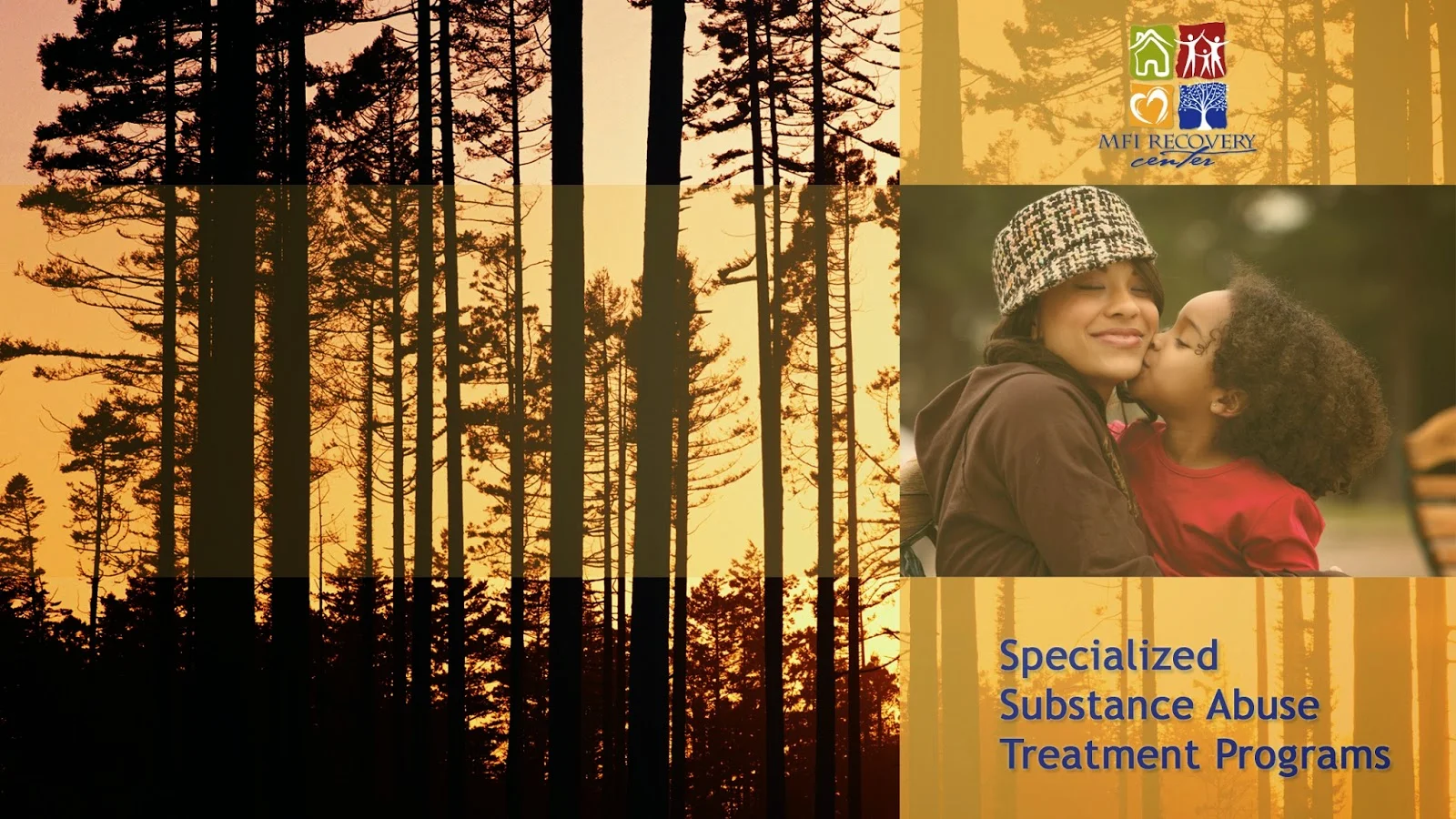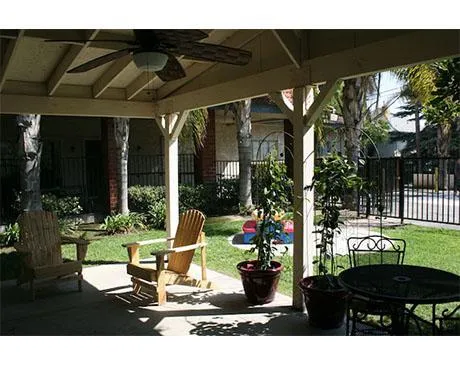Mount Rubidoux Treatment Center Information
Treatment
Who We Treat
- Male and Female
Treatment Focus
- Men
- Co-Occurring Disorders
- Drug Addiction
- Detox
- Alcohol
Approaches
- Individual Treatment
- Evidence-Based
- Medical
- Gender-Specific
- Family Therapy
- Group Therapy
- Holistic
- Cognitive Behavioral Therapy (CBT)
- 1-on-1 Counseling
- Online Therapy
- Life Skills Training
- Relapse Prevention Counseling
Conditions We Treat
- Depression
- Anxiety
- Post Traumatic Stress Disorder (PTSD)
- Trauma
- Perinatal Mental Health
- Stress
- Co-Occurring Disorders
Substances We Treat
- Alcohol
- Benzodiazepines
- Prescription Drugs
- Opioids
- Cocaine
- Methamphetamine
Languages
- English
Aftercare
- Discharge Planning
- Outpatient Treatment
- Continuing Care
- Support Meetings
Level of Care
- Outpatient Detox
- Detox
- Residential Rehab
- Co-Occurring Mental Health
- Aftercare/Continuing Care
Experience
Smoking and Vaping Policy
- Smoking Allowed in Designated Areas
- Vaping Allowed in Designated Areas
Accreditations
-
Commission on Accreditation of Rehabilitation Facilities (CARF)
CARF accreditation is a prestigious recognition granted to rehabilitation and human service organizations. It signifies that an organization meets high-quality standards, having undergone a rigorous evaluation process. CARF accreditation boosts an organization's credibility and ensures top-notch care for individuals with disabilities, injuries, or healthcare needs.

-
SAMHSA certification for opioid treatment program (OTP)
SAMHSA's Opioid Treatment Programs (OTP) Accreditation is a rigorous recognition process, signaling an OTP's commitment to high-quality care for those with opioid use disorders. It assures patients, families, and the community that the program adheres to evidence-based practices, maintains a safe environment, and employs qualified staff. This accreditation represents a commitment to addressing the opioid epidemic and promoting recovery, symbolizing quality and accountability in opioid addiction treatment.
-
State department of health
Government agencies issue State Licenses, granting rehabilitation organizations permission to operate their businesses lawfully within specific geographic regions. The specific licenses needed for legal operation are typically determined by the type of rehabilitation program offered by the facility and its physical location.

Additional Locations
Mount Rubidoux Treatment Center Accepts The Following Insurance Plans
Find the best treatment options. Call our free and confidential helpline today!























